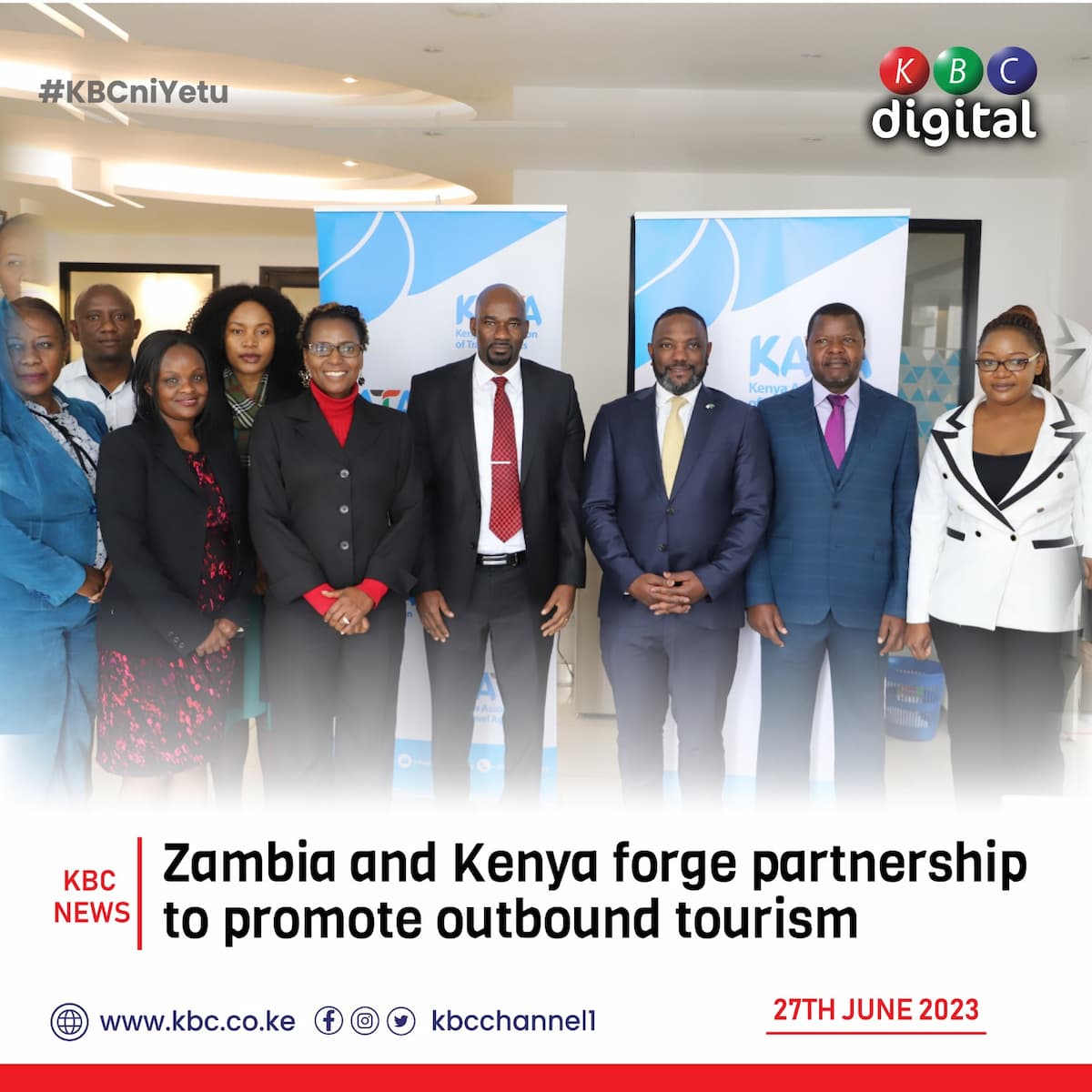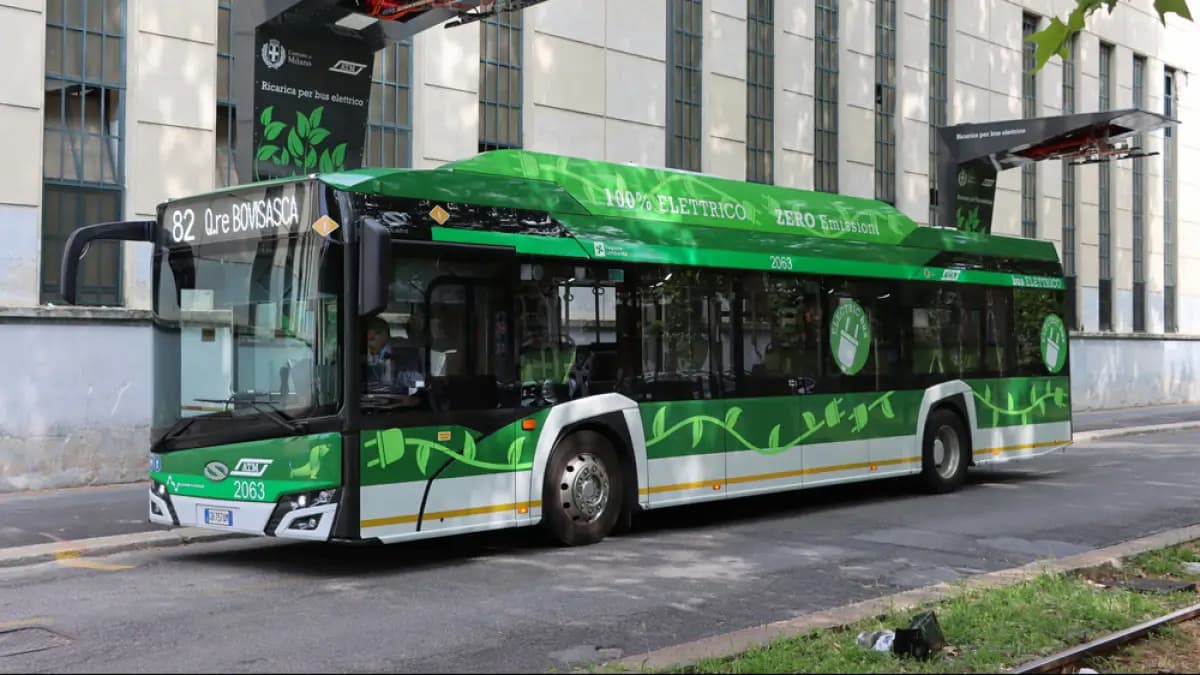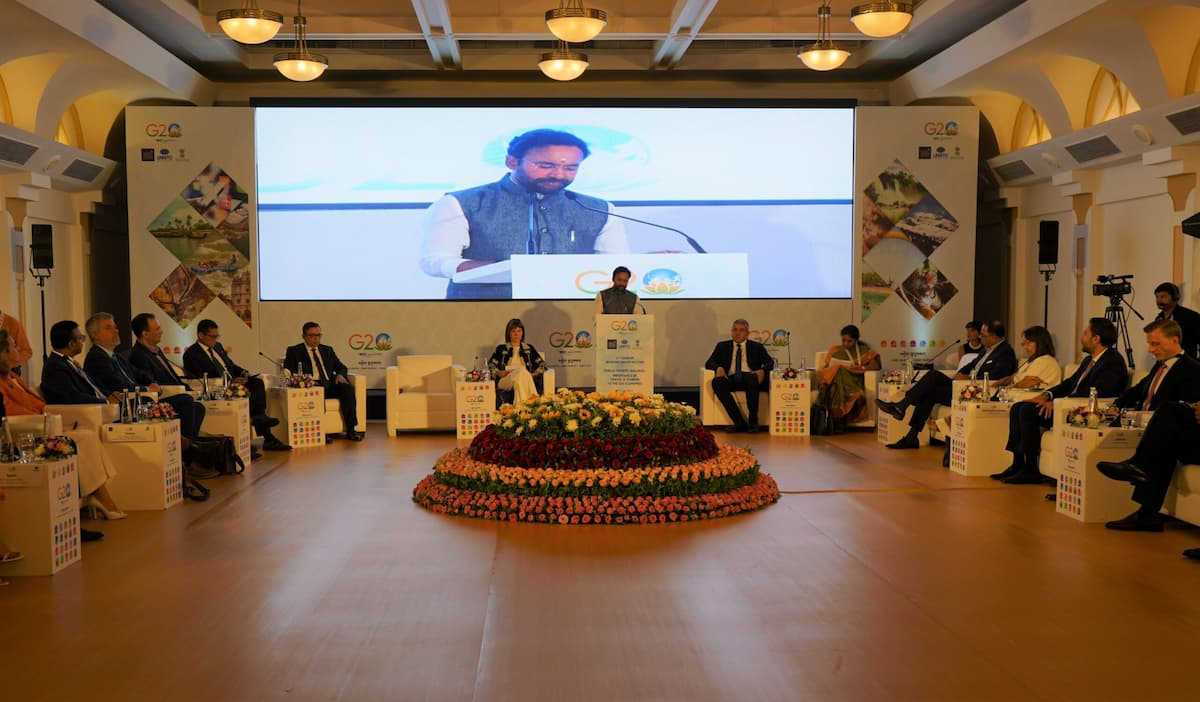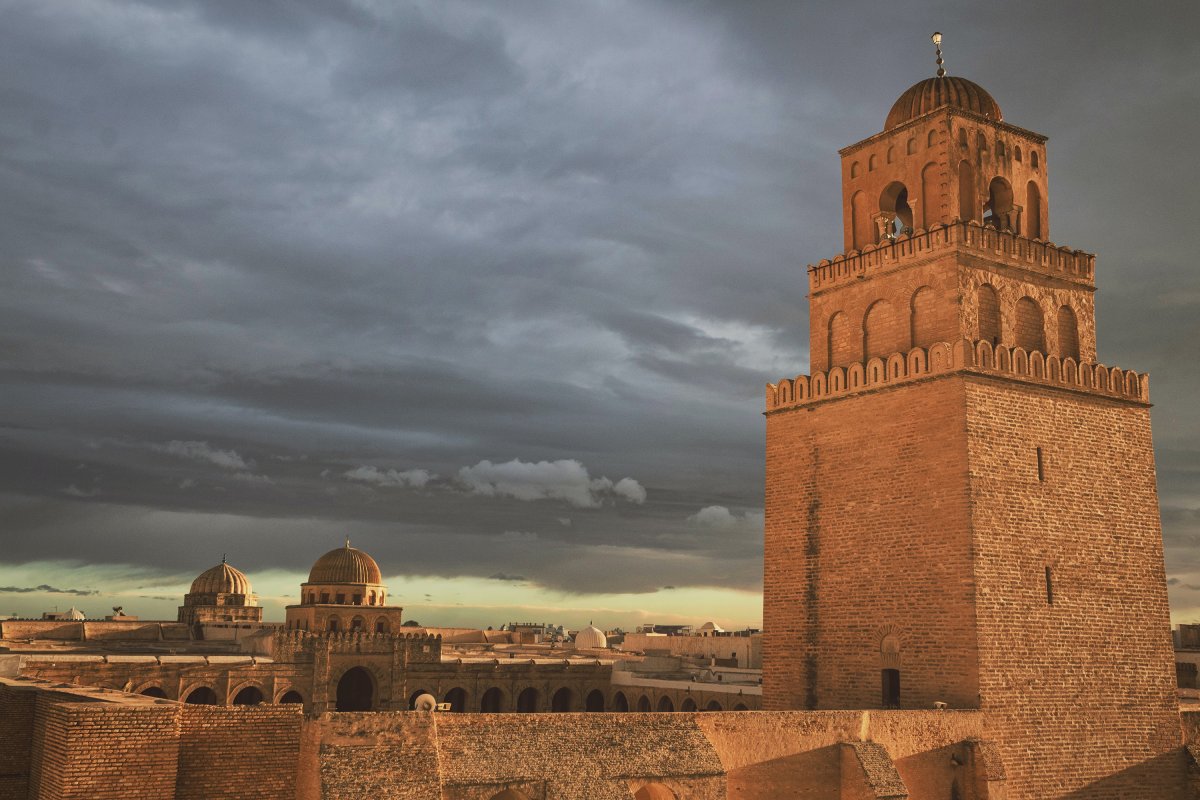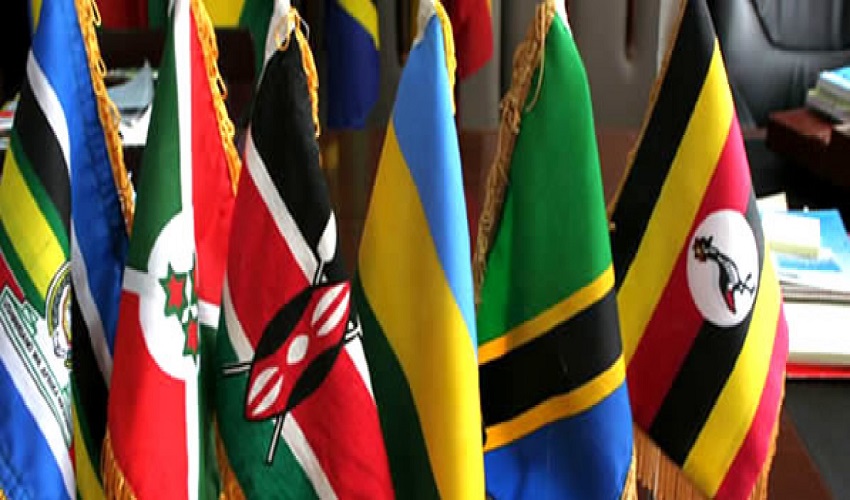The Department of Economy and Tourism of Dubai has signed a Memorandum of Understanding (MoU) with Mastercard, with an aim to further accelerate economic growth in the region – in line with the goals of the Dubai Economic Agenda, D33.
The new ‘Digital City’ partnership between the global payments leader Mastercard and the economy and tourism authority in Dubai enables the city to utilise the company’s multi-rail payments network and data-driven digital commerce technology.
The MoU will lead to the development and implementation of a multi-year digital partnership programme in Dubai. The programme will focus on four key areas:
- Trade and exports growth: The collaboration aims to enable new international trade opportunities for businesses by leveraging Mastercard’s expertise in secure and efficient payment transactions.
- Developing SMEs: The partnership will prioritise the growth of SMEs by providing them with digital tools, resources, and mentorship to foster innovation, competitiveness, and sustainability.
- Attracting and developing talent: Dubai and Mastercard will also work together to attract and nurture Emirati and global talents in the digital sector, supporting the development of a skilled workforce.
- Growing the tourism ecosystem: An aim to enhance the tourism industry in Dubai by improving visitor experiences to become a top-three global destination for visitors in business as well as leisure.
This partnership also falls in line with Mastercard’s vision of powering economies and empowering people, as well as building a sustainable world where everyone prospers.
‘Driving inclusive and sustainable development’
Hadi Badri, CEO of Dubai Economic Development Corporation at DET, and J.K. Khalil, cluster general manager of MENA East at Mastercard signed the MoU.
J.K. Khalil said: “At Mastercard, we recognise the limitless potential of partnerships in driving inclusive and sustainable development, and we are forging meaningful collaborations to accelerate digital transformation across the globe. Mastercard has a proven track record of supporting governments in digitising public services, empowering small businesses, fostering talent and fuelling tourism.
“We are delighted to enter the region’s first digital city partnership with the Department of Economy and Tourism as we harness the power of our advanced technology to help translate Dubai’s ambitious vision to reality. We are proud to build on our 35-year legacy in the market as we usher in a new chapter to support the UAE’s exemplary growth story.”
‘Unlock the city’s potential in line with the D33 Agenda’
Hadi Badri also discussed the significance of the partnership for the region. Badri said: “This Digital City partnership with Mastercard, a renowned global brand, comes at a pivotal time, as we are focused on delivering the goals of the Dubai Economic Agenda 2033, driven under the guidance of our visionary leadership to further reinforce the city’s central position in the global economy.
“Through this strategic alliance, we are partnering with a global connector of digital payments to further strengthen Dubai’s position as the world’s most connected city.
“Mastercard has a track record of successful partnerships with companies across a broad range of sectors and segments, and this initiative also signifies a new paradigm of economic collaboration at the city level. Through this partnership, Mastercard will mobilise its global resources and extensive experience as a global digital leader to unlock the city’s potential in line with the D33 Agenda.”
Source: The Fintech Times


